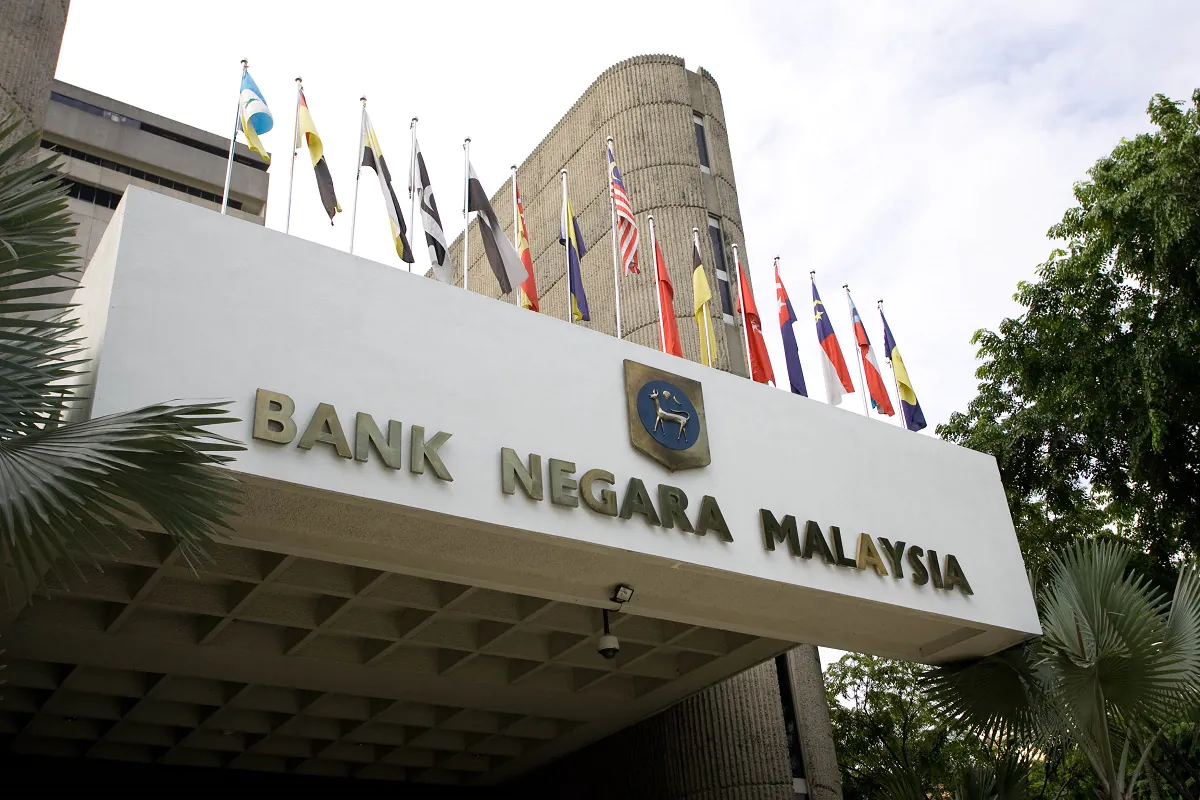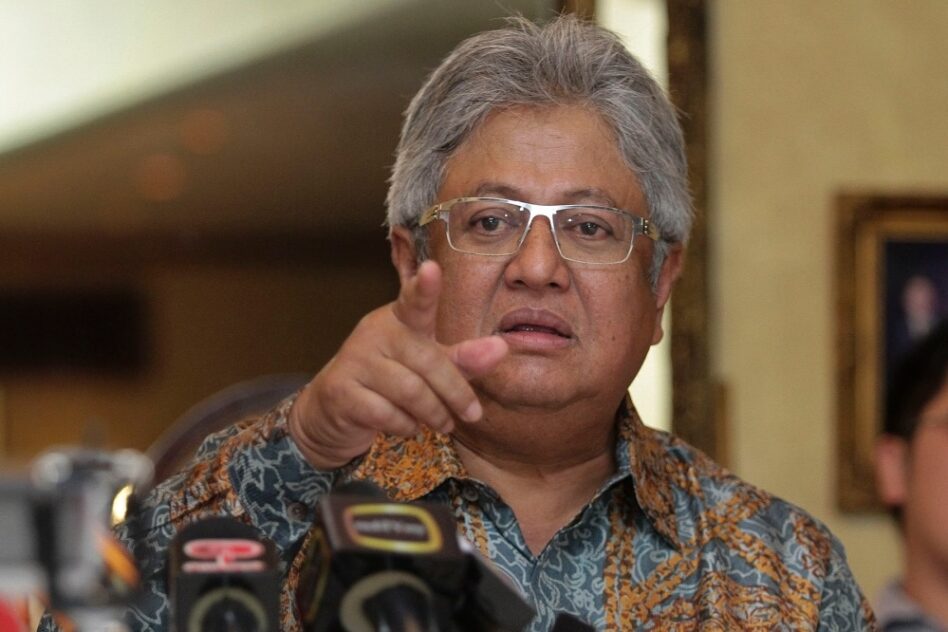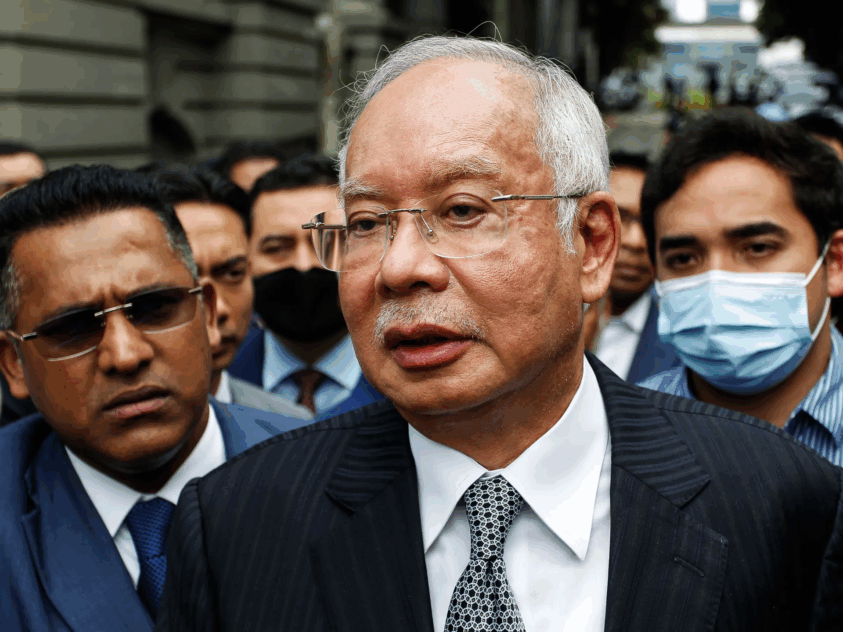MALAYSIA’S central bank will tighten its policy rate by a quarter point for the fourth time in a row on Nov 3 as upside risks to inflation persist and to support the weakening currency, a Reuters poll has indicated.
Bank Negara Malaysia (BNM) began raising rates in May even though inflation was within its target range of 2–3%. It has since hiked rates by 75 basis points to keep inflation in check.
In September, inflation fell marginally to 4.5% from 4.7% in August but robust domestic demand and an accommodative budget pose a risk and economists said all-time high core inflation in September indicated it was sticky.
All but two of 27 economists in the Oct 25–31 poll predicted BNM would hike its overnight policy rate by 25 basis points to 2.75% from 2.50% at its Nov 3 meeting.
“The direction of fiscal policy measures in 2023 is still unclear,” ANZ chief economist for Southeast Asia and India Sanjay Mathur was quoted as saying by Reuters.
“Besides, the odds of the US Fed delivering another 75bp hike in November have also risen. This does not bode well for the Malaysian ringgit, especially when the international reserves are also on a steady path of decline.”
Two economists – at Barclays and UOB – expected BNM to pause at the meeting given a weakening global outlook and to assess the effect of cumulative hikes.
Nearly 90% of economists forecast BNM will raise rates in Q1 of next year, including the two economists calling for a pause in November, giving a median forecast of 3.00%.
While 13 of 18 pencilled in a 25 basis point hike in Q1, three said 50 basis points while two economists predicted no move.
The median forecast showed the overnight policy rate would remain at 3.00% until at least the end of next year. However, beyond Q1, seven economists expected rates to go up at some point in 2023.
“As core inflation gains momentum, we continue to expect BNM to hike policy rates at consecutive meetings (25bp/meeting pace) through H1 next year, bringing the policy rate up to 3.5%, from 2.5% currently,” noted analysts at Goldman Sachs.
“The evolution of subsidy policy after the elections remains a key risk – a faster shift to targeted fuel subsidies may imply higher inflation pressures, and more hawkish BNM policy outcomes than in our baseline forecasts.”
The Malaysian economy grew by 8.9% in the second quarter, its fastest expansion in a year, mostly driven by domestic demand and resilient exports although the momentum is unlikely to be sustained.
“Economic growth is likely to weaken considerably over the coming quarters as the boost from reopening fades and weaker external demand drags on exports,” Capital Economics senior Asia economist Gareth Leather told Reuters. – Nov 1, 2022
Main photo credit: Bank Negara Malaysia/ Twitter









